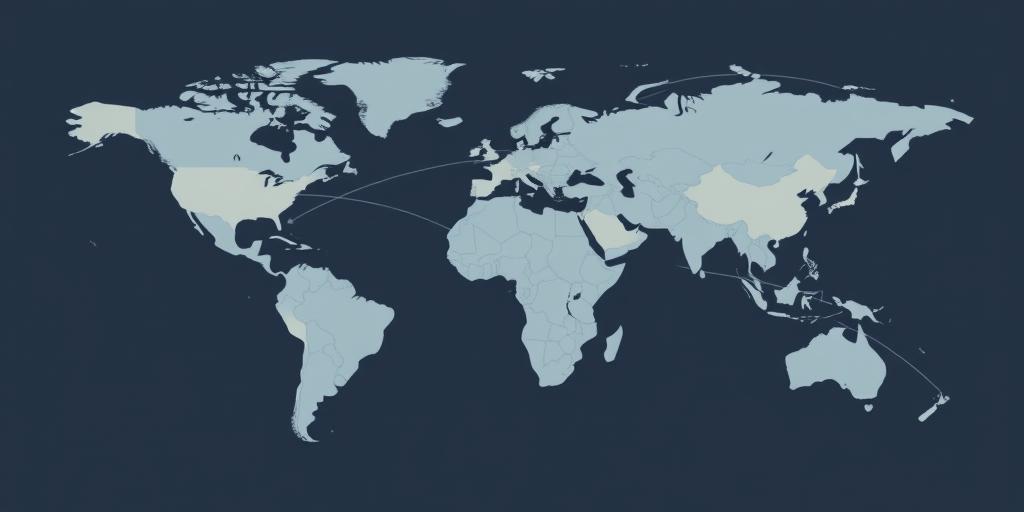Migration and Its Impact on International Relations
Migration, the movement of people from one place to another, has profound and multifaceted effects on international relations. It influences economic, social, and political dynamics, both in the countries that migrants leave and the countries they enter. Understanding these impacts is crucial for navigating the complexities of the modern global landscape.
Economic Impacts
Migration can provide significant economic benefits. Migrant workers often fill labor shortages in receiving countries, contributing to economic growth. Remittances, money sent home by migrants, can be a crucial source of income for families and communities in developing countries. However, migration can also lead to concerns about wage depression and strain on social services in host countries.
Social Impacts
Migration can enrich societies by fostering cultural diversity and exchange. It can also lead to challenges related to integration, social cohesion, and potential tensions between different cultural groups. Managing these social impacts requires policies that promote inclusion, understanding, and respect for diversity.
Political Impacts
Migration is inherently a political issue, affecting everything from border security and immigration laws to voting patterns and international agreements. Large-scale migration flows can strain relations between countries, particularly when there are disagreements over border control, refugee resettlement, or the treatment of migrants. Migration can also influence foreign policy, as countries seek to protect the rights and interests of their citizens abroad.
Migration and Security
The link between migration and security has become a major concern in international relations. Some governments view uncontrolled migration as a threat to national security, citing concerns about terrorism, crime, and the potential for social unrest. Addressing these concerns requires a balanced approach that respects human rights while ensuring border security and public safety.
International Cooperation
Managing migration effectively requires international cooperation. No single country can address the challenges and opportunities of migration alone. International agreements and organizations play a crucial role in facilitating orderly migration, protecting the rights of migrants, and addressing the root causes of forced migration.
Case Studies
- The European Migrant Crisis: The influx of refugees and migrants into Europe in 2015 highlighted the challenges of managing large-scale migration flows and the potential for political tensions between EU member states.
- The US-Mexico Border: Migration across the US-Mexico border has been a long-standing source of tension, with debates over border security, immigration policy, and the treatment of undocumented migrants.
Conclusion
Migration is a complex and multifaceted phenomenon with significant impacts on international relations. It presents both opportunities and challenges, requiring careful management, international cooperation, and a commitment to human rights. Understanding the dynamics of migration is essential for promoting peace, security, and prosperity in an interconnected world.









